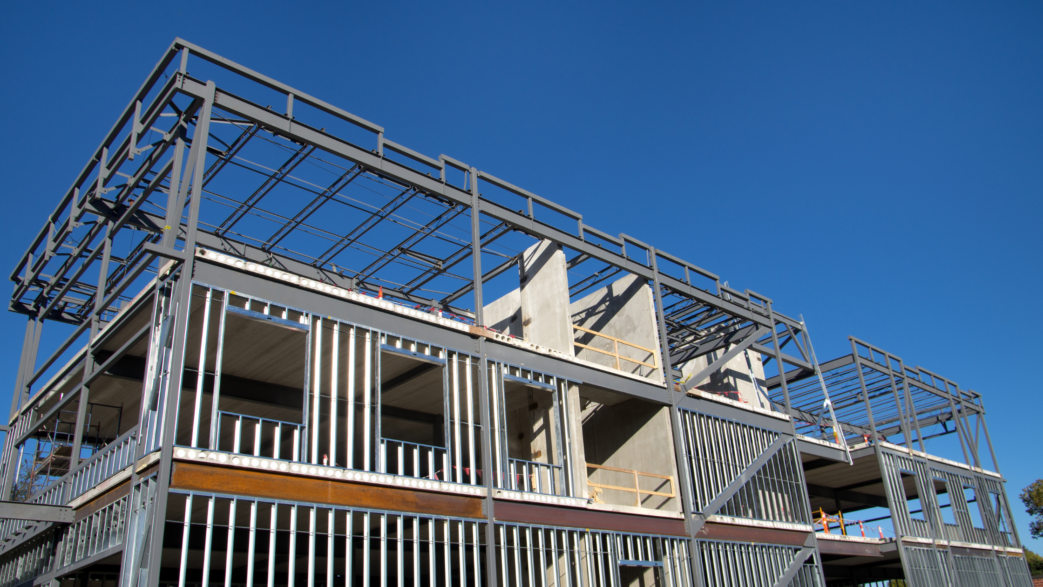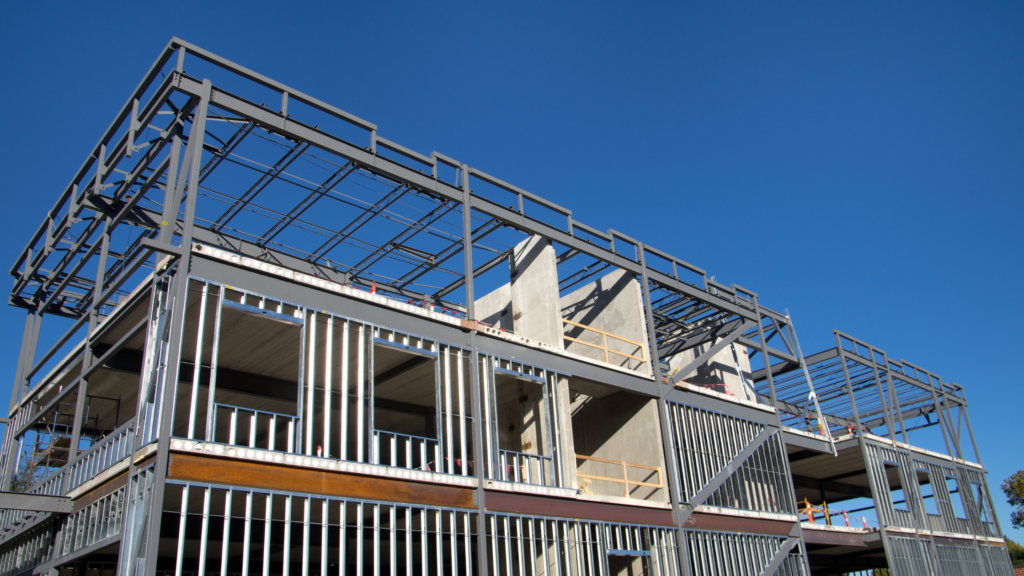Commercial loans, as well as construction loans, are more complicated than residential loans. When seeking a commercial loan, especially a construction loan, most borrowers have 3 burning questions they need to be answered first.
- What’s involved in the commercial loan or construction loan process?
- What it is based on?
- Why do we need to pay a due diligence fee?
Let me simplify the commercial/construction loan process into 5 easy steps. As well, this will article answer these 3 burning questions.
Commercial Loan Acquisition Steps:
There are certain instructions you must follow when applying for a commercial loan. Learn how to borrow for a commercial loan or construction loan in 5 steps:
Step 1: Loan Application Stage
1. Apply for a loan. During the loan application process, supply your mortgage broker with the following documents: your financials, the project overview, your assets and liabilities, any permits (if applicable), land surveys, and appraisals. Other documents may be required as well.
Step 2: Due Diligence Fee
You are required to pay a due diligence fee. This fee covers the file work being done and all major banks, financial institutions, and private lenders require it. After you pay this fee, an underwriter dives into your information. This will generate more questions and document requests. In the end, the underwriter must be satisfied with the documents provided to move on to step 3.
Step 3: Credit File Review
In this step, the credit committee reviews your file by assessing the risk that the loan presents. It’s all based on the inability to pay back the loan. They also need to know what can they can acquire from you in the event that you cannot repay them. Your loan is approved based on the loan request amount and the lender’s comfort level with this deal. Should they approve the loan, they authorize the underwriter to issue a commitment letter.
Step 4: Commitment Letter
You are issued a commitment letter from the underwriter that outlines several requirements in order to close the deal. The closing process begins once these requirements are completed and executed. If the credit committee does not approve your loan, most institutions will not refund the due diligence fee. It is deemed to have been earned, Some lenders, however, calculate the number of hours spent on the file, and whatever remains is returned to you.
Step 5: Commercial Loan Closing Process
Your lawyer and the lender’s lawyer complete the commercial loan closing process. The process takes approximately 2 weeks, or maybe longer, from start to finish. Loans are based on a borrower’s ability to re-pay, not on the asset or building itself. Financial institutions and lenders never want to foreclose on an asset. but for you to pay back the entire loan within the prescribed amount of time. Once you’ve completed the construction, the outstanding loan is refinanced into a lower interest rate with more flexible terms. The lender’s risk occurs during the construction phase. Therefore, this limits the number of lenders willing to get involved. For example, banks do not like construction loans as a rule.
Working with a mortgage broker gives you the personalized service you need during this complicated loan process. Please forward this important information to any business owners you know and contact me with any questions. If you are ready to dive in and apply for a commercial loan or construction loan, get started here.


